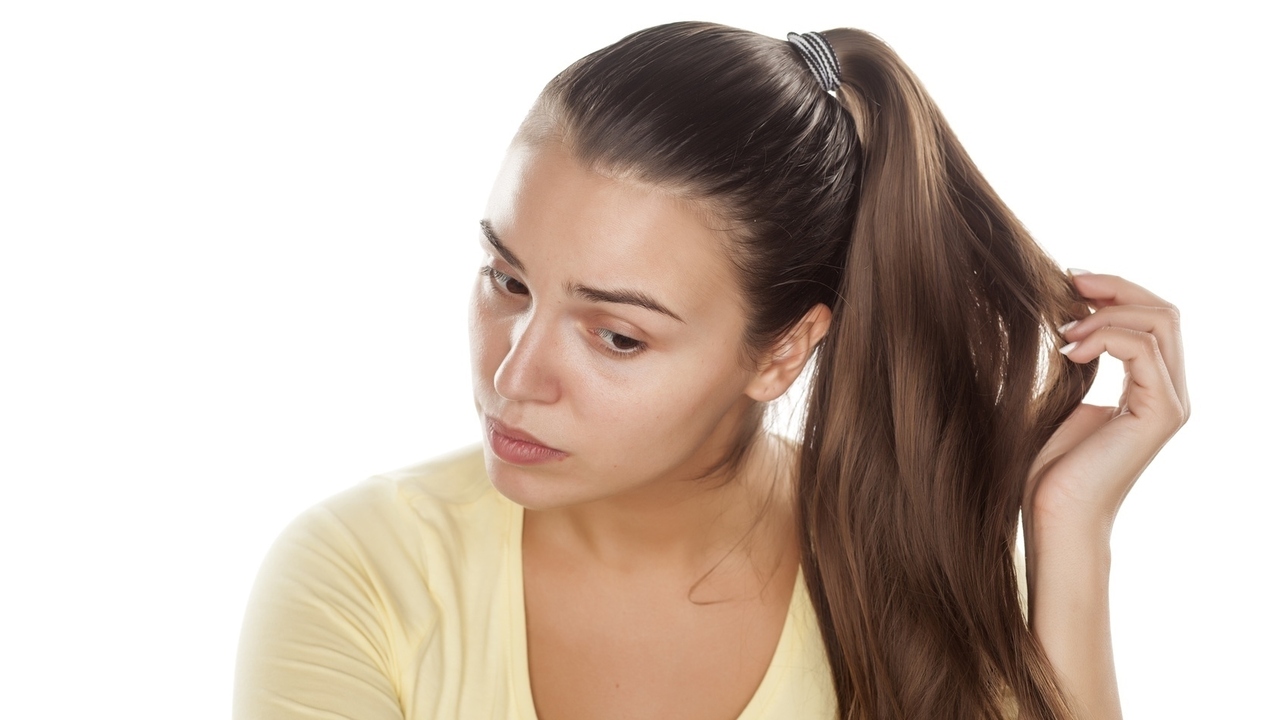Temporary or permanent hair loss in women is frustrating and worrying. In our day-to-day lives, we go through countless stressful events, both publicly and privately. You can suffer from telogen effluvium and, as a result, a temporary hair loss condition. Have you ever noticed that you won’t immediately lose hair during/after a stressful event? It happens a few months afterward. Hair loss itself causes stress, and the cycle continues. 
Other Reasons for Hair Loss in Women
But that’s not all. Hair loss in women is very common nowadays, and there are many reasons for that. It is rare for women to completely go bald as a result of androgenetic alopecia. Still, they can suffer from heavy hair loss due to their genetics. The autumn is the harbinger of hair loss. You’ll witness tufts of hair coming off your head every time you pass your hands through them. The warm, cozy winter season can also dry your scalp to the point of excessive breakage. However, let’s be honest the irresistible hot water baths are another reason for that.
If you’re too often styling your hair using straighteners, curlers, perms, and crimpers, you might be losing your hair because of them. The heat-damage from them can be quite intense. Chemical treatments can have a similar effect. Lastly, if you are eating a diet poor in essential minerals and nutrients, you’ll very likely lose your hair. Zinc, vitamin, and iron should be consumed in adequate amounts for that purpose.
However, before deciding what hair treatment you should start, make sure to find out the cause of your hair fall. For that, you need to seek the help of a medical professional. Hair supplements are widely marketed as hair loss solutions, no matter what the problem.
Many people fall for their false claims. Therefore, make sure to not start treatment without determining its actual cause. Seek medical advice. A doctor will thoroughly examine your scalp, ask relevant medical questions, and tell you the reason(s) for your hair loss.
Still, you should take a look at the following things. They can help improve the overall health of your hair.
Take Supplements but Carefully
You can use supplements like biotin, iron, vitamin D, saw palmetto, and zinc to support the growth of new hair along with strengthening them. These can, of course, help in the prevention of hair loss. These usually work if you’re suffering from nutritional deficiencies. Make sure to ask your doctor about their amount of intake. Overconsumption can be harmful.
Keep Your Hair Clean
For that, you need to regularly wash your hair. It helps dislodge the gunk that has gathered on your scalp. Particles of dust, pollutants, and many chemicals get trapped in your hair. So, it needs to be washed. If your hair roots are greasy, they will not get enough oxygen. It can cause their death leading to breakage.
Be careful when washing your hair. Don’t excessively rub your scalp or use too hot water and make sure that your shampoo has a mild formula. Moreover, frequent washing can also dry your scalp, which can badly affect your hair. Your hair can also develop split ends as a result.
Avoid Tight Hairstyles
Traction alopecia can occur if you are tying your hair too tightly. The constant tension and pull on your hair strands will weaken them and break them. So, it’s better if you avoid making tight and high ponytails and braids. Whenever you do tie them up, just make sure that it’s not hurting your hair and head.
Consider Having PRP Injections
Platelet-rich plasma injections are great at making your hair stronger. Since the technique will use your own blood, you don’t have to worry about any harmful side-effects. The white blood cells in the mixture are very beneficial for the damaged areas in your scalp. It will not only rejuvenate your scalp but also promote hair growth.
The area of application of PRP injections is not limited. It is also used in the face and knees for orthopedic reasons.
Use Essential Oils
While they risk irritation when applied to the skin, you can use essential oils to support the roots of your hair and make them healthier. Hair oils, such as amla, castor, almond, lavender, tea tree, peppermint, jojoba, are quite beneficial for your scalp. However, before their application, make sure that you’re using pure, organic oils only.
Concluding Remarks
Find the right cause of your hair loss, choose the right treatment, and you’ll eventually have healthy, shining hair.











